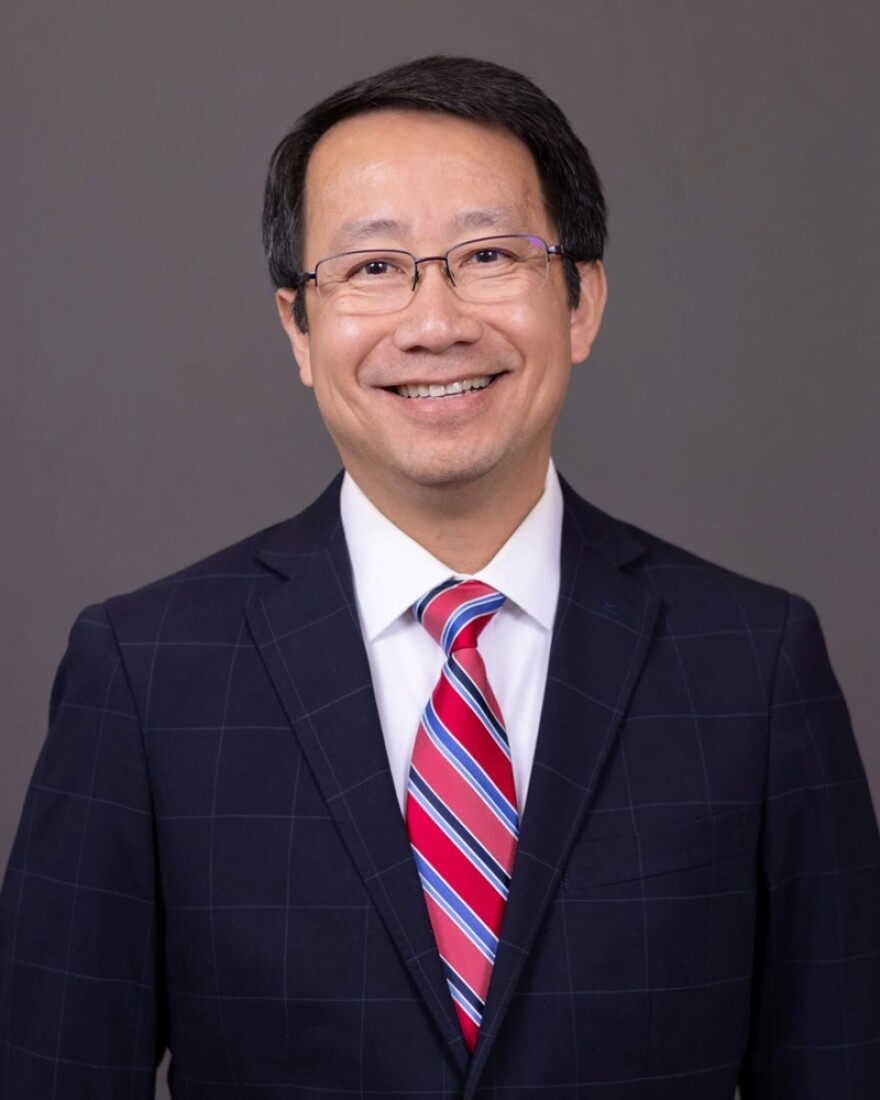Going bald is not hazardous to your health, but Dr. Lu Q. Le, chairman and professor of dermatology at the University of Virginia, says it brings a lot of patients to his office.
"You can lose all of your hair and you can live happily, but as a human being we love to have a full head of hair, and there are many people who would do anything to regrow their hair,” he explains.
Dermatologists often prescribes a drug called Minoxidil, but it can cause side effects and must be used indefinitely to keep hair growing. Now, however, Le’s lab has a new idea. Scientists there discovered that even after men go bald, special stem cells remain in the hair follicles of the scalp, and disabling them impairs hair growth and color.

"One day a trainee in the lab, came to me and said, ‘Lu, my mice hair has turned gray,’" Le recalls. "When we saw that we knew we were onto something big! Even though the hair shafts are gone, this stem cell population is still there! All we need to do is use a drug that we can apply topically to stimulate those stem cells so that we can re-grow hair again."
Using big data, artificial intelligence and experiments in the lab, Le believes scientists can find that stimulant, and he says there’s a lot of interest.
"Hair graying and hair loss are among the first signs of human aging, and we’re all looking for that medicine that can reverse aging. Everybody wants to be 17 all over again!"
Ironically, Le’s big discovery came as his team was doing cancer research, but he says the accidental discovery of how hair grows has generated even more interest from the public and from the pharmaceutical industry.


